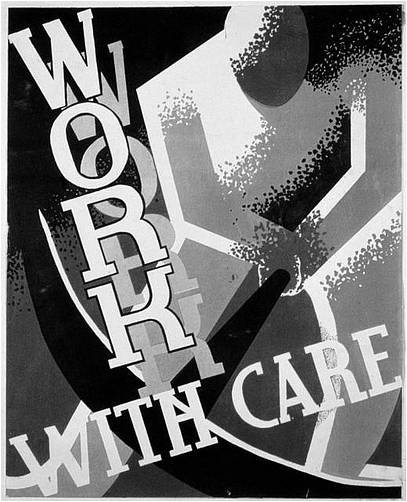
What better way to test the pros and cons of working in the public sector, ahead of a talk with PR students in Manchester, than Twitter crowdsourcing what a bunch of industry professionals thought.
I always enjoy talking to PR and comms students about careers. In my own way I like to think (rightly or wrongly) that I am able to give a little bit back and still remember those who helped me when I was starting out in the industry. And it's always an opportunity to learn from the students too.
We all need a leg up and access to others from time to time. Now, probably more than ever, actually.
So when Sarah Williams, senior PR lecturer at Manchester Metropolitan University asked me to talk to final year PR students about in-house careers in the public sector I was very happy to help.
It doesn't seem so very long ago and I was in their shoes (a pair of rather nifty sky blue adidas gazelle's, as I recall) when I was one of the first to gain a PR degree back in the mid-90's.
Whilst the world has moved on significantly some aspects of the job haven't changed at all. The fundamental ability to quickly pull together an effective comms strategy is a given and I learnt from the master in Anne Gregory. Some of things she taught us still stay with me today.
So after 16 year's of looking after comms and pr for a range of people, I have a decent idea on the pros and cons of working in the public sector.
But in the spirit of embracing social media and talking to others I put a message out on twitter on the day of the talk to see what others in the industry thought.
and the results were interesting...
10 good reasons to work in public sector comms and pr:
1. Your role is often about 'real' issues (schools, care, culture)
2. Innovators and exceptional performers stand out, get spotted
3. It's an incredibly diverse sector, and so will be your role (see also 10 reasons not to... )
4. Job satisfaction. Your work counts - it's not (normally) about profits and shareholders
5. You have an opportunity to try (or push to try) new things like open source, open data and infographics
6. It's a genuine chance to build meaningful work relationships
7. Your role can make a difference to people's lives
8. There is a huge opportunity to work on large projects, events and issues from the outset (and not just after year's of experience)
9. The chance to experiment and innovate with digital and social media and have real conversations with real people. That's a real-life, daily training course sat right in front of you without the need for a classroom or £400-a-pop training days
10. You can contribute to the place where you live
10 reasons not to...
1. Local government is too diverse. It doesn't tend to do any one thing exceptionally well. It's more likley to be 'ok' at lots of things (and it's a fact that sometimes your comms is only as good as your product)
2. One size fits all does not work. One trick ponies need not apply.
3. It's slow - slow to change, slow to innovate
4. Forms, forms, forms... and then some more forms.
5. There's often a complicated chains of command which make quick decision-making and speed of response problematic
6. There is no glamour (forget Mad Men, 90's-style G&T drinks and cocktail receptions and office drinks cabinets)
7. The B word - bureaucracy
8. Budgets being slashed - even the comms basics are now in danger as budgets literally disappear
9. Your job will now always sit somewhere on a sliding scale of 'at risk' status. As Martin Reeves said recently, the tide has gone out for public sector budgets and it won't come back for 10 years. Maybe more. Maybe they will never return.
10. Your work will not always be valued, understood, needed or wanted (both internally and externally)
Oh, and here are five essential skills and attributes you'll need...
1. the patience of a saint
2. diplomacy and tact
3. assertiveness and leadership
4. the ability to read minds
5. the skill of making everyone feel special
and, finally, two reminders to local gov and public sector communicators...
1. Not one of the students I spoke to buy a newspaper. Not one. One subscribed to the Guardian Weekly online. None of the others read a paper newspaper. Not a surprise but further evidence if it were needed of the major shift in channels.
2. When prompted, the students could name three council services: schools, bins and libraries. Again, no surprises but a suggestion that widespread knowledge of our services across young people is low (and that's our fault, not theirs)
Thanks to the following contributors:
MarcommsKenny, Russ Cockburn, Ross Wigham, Nic Davies, Limetree Comms, Sara Nelson, rossy71, Chris Taylor, Katie Canning, Steven Heywood
Darren Caveney is creator of comms2point0 and Vice Chair of LGcomms
